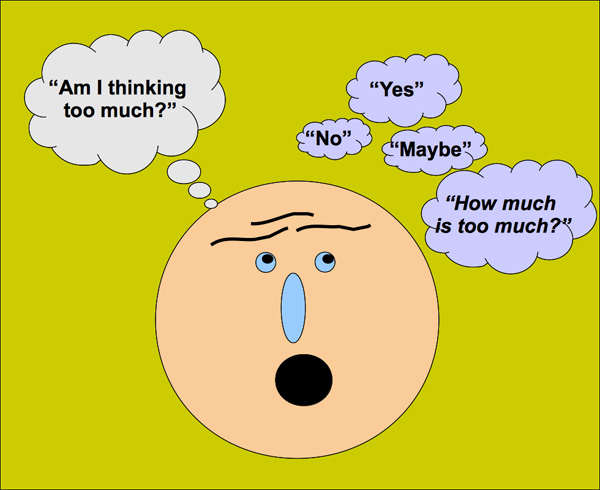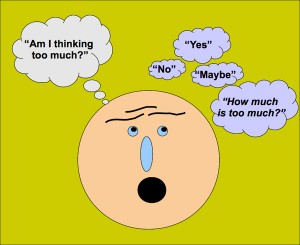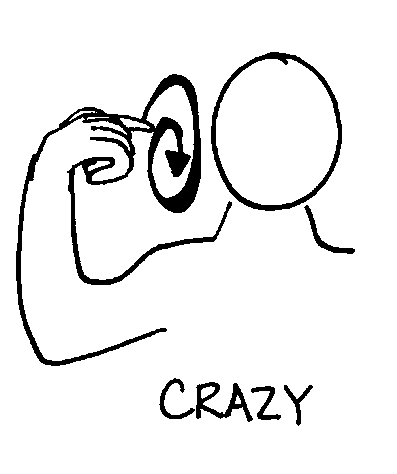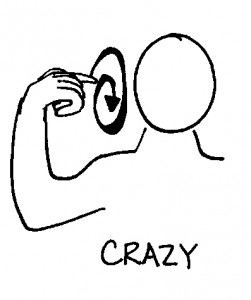Dealing with our worst moments
“Wh at would happen,” the attorney asked, “if everyone around you judged you for the worst moments of your life?”
at would happen,” the attorney asked, “if everyone around you judged you for the worst moments of your life?”
The room fell silent. I was with a group at Atlanta’s Southern Center for Human Rights listening to a lawyer speak about his work against the death penalty. And while I haven’t ended up in prison for any of my worst moments, the attorney’s words have stayed with me.
At some point in our lives all of us act in ways that go against our values, principles and beliefs. We lie, or cheat, or cut someone off in traffic when we’re really mad at our boss or child. As kids, and then as teens and adults, we behave in ways we later want to forget because these moments stir up such guilt and embarrassment and shame. We get nervous someone will find out, and this anxiety can pave the way for depression or panic attacks.
So many of my counseling clients worry terribly about what I and others will think of them when one of their worst moments is revealed. They worry they will be judged as harshly as they have judged themselves. They worry that others won’t forgive them, especially since it has been so difficult to find forgiveness in themselves. They worry that others will write them off as bad, since they see themselves as bad.
I know these truths for two reasons: One is because I’ve listened to many of these worst moments in my therapy sessions with clients. Second is because I’m a human with my own worst moments.
Coming to therapy is a brave act. It takes courage to begin to speak about these worst moments and what we fear they say about us. When we speak them out loud, we often fear being judged as harshly as we have judged ourselves.
But there is more to us than our worst moments — much, much more. In counseling, we look at our worst moments and best moments from a place of compassion and curiosity, because we can learn from them both. It’s important to put both in a larger context, trying to make sense of them so we can let go of debilitating shame, depression and anxiety, and truly move on.
So please remember: There is more to all of us than our worst moments. There is more to you than your worst moments.








